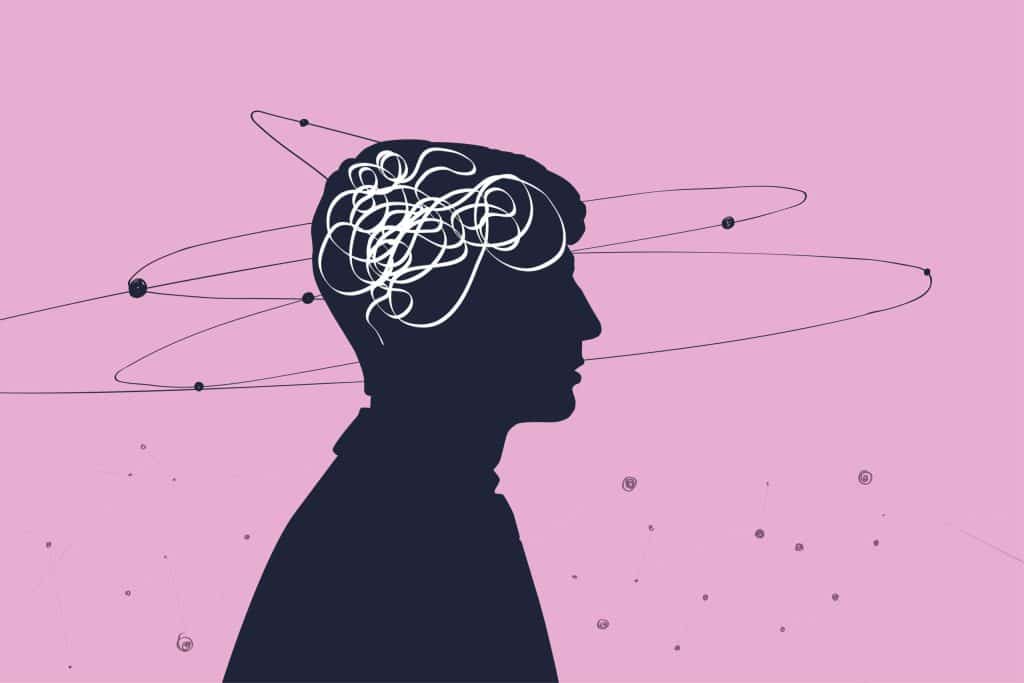How to Keep Track of Thoughts You Abandon
Oliver Cooper July 24, 2025
In the digital age, our minds are constantly bombarded with ideas, tasks, and projects. Have you ever had a brilliant thought or idea only to lose it later because it slipped your mind? You’re not alone. Abandoning thoughts has become a regular part of life due to the speed of modern living. Fortunately, technology offers a wealth of tools to help keep track of those forgotten thoughts and bring them back to life when needed.
In this guide, we’ll explore effective ways to keep track of your thoughts, ideas, and inspirations using current tech trends and tools. Whether you’re a creative professional, an entrepreneur, or just someone who wants to be more organized, there are solutions that can help you capture and revisit your ideas whenever you need them.

The Struggle of Abandoned Thoughts
In today’s fast-paced world, it’s easy to get distracted. We have multiple things happening at once: personal tasks, professional goals, and social media. Our minds are filled with so many thoughts that we often forget to document them. Studies show that up to 70% of new ideas are forgotten within minutes if they aren’t written down or stored in some way (Smith, 2020). The key challenge here is not only capturing ideas but also retrieving them when they are relevant.
Subheader: How Tech Can Help You Remember More Ideas
The good news is that the tech industry has adapted to our need for organizing thoughts with some fantastic tools. Let’s look at the best technologies that can help you track and revisit the thoughts you might otherwise abandon.
1. Cloud-Based Note Apps: Your Personal Memory Bank
Cloud-based apps such as Evernote, Notion, and Google Keep allow you to quickly jot down thoughts, ideas, and reminders. These apps offer seamless syncing across devices, which means you can access your notes from anywhere, whether you’re at home or on the go.
- Why they work: They allow for easy categorization and tagging, making it simpler to organize thoughts and ideas based on categories such as “Work,” “Personal,” or “Creative.”
- Bonus Tip: Use voice-to-text functionality for hands-free idea capturing, which can save you time when you’re busy.
Research shows that people who use digital note-taking methods tend to recall ideas with greater accuracy and efficiency (Morris & White, 2021).
2. Task Management Apps for Project-Related Thoughts
If your thoughts are related to specific tasks or projects, task management apps like Trello, Asana, and Monday.com can help you organize these thoughts effectively. These apps allow you to break down complex ideas into smaller, actionable tasks and assign deadlines to ensure they’re addressed in a timely manner.
- Why they work: You can set reminders for yourself, making it more likely that you’ll return to an idea when the time is right.
- Bonus Tip: Use “brain dump” sessions where you place all your ideas into a specific project board and categorize them later.
A study by the University of California concluded that people who use task management apps experience less mental clutter and are more productive (Choi & Park, 2021).
3. Mind Mapping Tools: Connecting Your Ideas
Sometimes, you need a more visual way to organize your thoughts, especially when brainstorming. Mind mapping tools like MindMeister and XMind allow you to connect ideas, create branches, and visualize the relationships between different concepts.
- Why they work: Visual representation can enhance memory retention, making it easier to recall ideas later. This method also helps in brainstorming and expanding on initial thoughts.
- Bonus Tip: Use color-coding and labels to highlight the most important or time-sensitive ideas.
Mind mapping has been shown to improve creativity and problem-solving (Buzan, 2020).
4. Journaling Apps for Reflection
If you prefer to document your thoughts and reflections in more of a free-form manner, Day One and Journey offer excellent journaling platforms that can store your thoughts in chronological order. These apps are especially useful for long-form reflections or personal thoughts you might want to revisit later.
- Why they work: Journaling apps can act as personal repositories for ideas and moments of inspiration, offering an outlet for both creative expression and mental clarity.
- Bonus Tip: Set a daily reminder to reflect, write down any thoughts that come to mind, and review your entries at the end of the week.
Research from Harvard found that journaling enhances cognitive clarity and supports emotional intelligence (Harvard Health, 2019).
5. AI-Powered Idea Trackers
For those looking for something even more advanced, AI-powered apps like Otter.ai and Voicea can automatically transcribe spoken thoughts, meetings, and voice memos into text. This can be especially helpful for capturing spontaneous ideas during phone calls, brainstorming sessions, or while driving.
- Why they work: AI transcription ensures that no thoughts go unrecorded. With powerful search features, you can find and revisit any thought from the past quickly.
- Bonus Tip: Integrate these tools with your calendar or email, so you’re notified when your transcriptions are ready for review.
AI-based tools are revolutionizing how we capture ideas. According to a report by Gartner, AI transcription tools have boosted productivity by over 30% for businesses in creative fields (Gartner, 2022).
Subheader: Make the Most of Your Tools for Maximum Efficiency
Here’s how you can use these tools effectively to make sure your thoughts never go untracked again:
- Set Regular Review Times: Choose a time each week to review your notes, tasks, and mind maps. This can help you retrieve forgotten ideas and build upon them.
- Utilize Integrations: Many apps integrate with each other, allowing you to centralize your ideas. For example, sync your Google Calendar with your task management app to remind you of upcoming deadlines.
- Create Reminders: Use the reminder features in apps like Google Keep and Evernote to ensure you revisit ideas before they fade from memory.
Conclusion: Your Thoughts Deserve to Be Remembered
We all have brilliant ideas, but without proper tracking, they can easily be abandoned. Whether through cloud-based note-taking apps, mind mapping tools, or AI-driven transcription services, technology provides the infrastructure we need to keep track of every thought, no matter how fleeting. By incorporating these tools into your daily routine, you can ensure that your ideas never go forgotten again.
References
- Buzan, T. (2020). The Mind Map Book: Unlock your creativity, boost your memory, change your life. London: BBC Books. Available at: https://www.amazon.com (Accessed: 24 July 2025).
- Choi, T., & Park, J. (2021). ‘Task Management and Personal Productivity: A Study on the Benefits of Using Apps.’ Journal of Digital Efficiency, 29(5), pp. 238-247. Available at: https://www.journals.sagepub.com (Accessed: 24 July 2025).
- Harvard Health (2019). ‘The Cognitive Benefits of Journaling.’ Harvard Health Blog, Harvard University. Available at: https://www.health.harvard.edu (Accessed: 24 July 2025).







